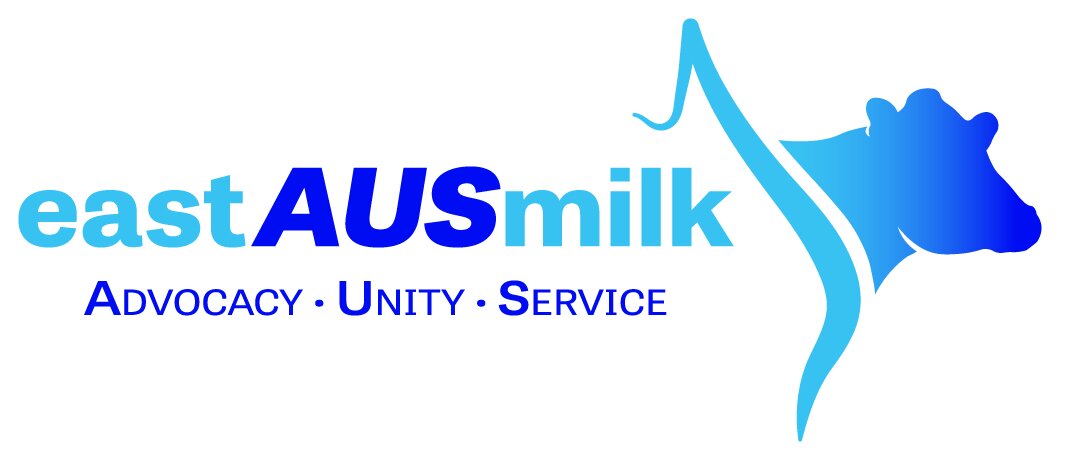Budget’s farm technology treat set to drive digital investment rush
The farm sector's hunger for new technology is about to get even hungrier over the next 12 months.
Treasurer Josh Frydenberg's federal budget has promised a 120 per cent tax deduction on all things digital - from upgrading the farm internet to buying new mobile phones, GPS gear, or remote water management devices.
Farms and other agribusinesses with annual turnover of less than $50 million will be able to claim a deduction for expenses and depreciating assets associated with boosting their uptake of digital technology.
The bonus deduction, for a maximum annual spend of $100,000, includes opportunities to upgrade bookkeeping and invoicing software to cloud-based systems and beef up the farm's cyber security to better protect them from hackers and scams.
It also extends to the cost of external training to upskill staff.
"The ag sector is very much attuned to the benefits of investing in new technology," said Albury-based director with the RSM Australia accountancy group, Gerard O'Brien.
"Farmers are willing to spend money on gear if it helps lift efficiency and productivity, especially if a $100 investment qualifies you for a $120 deduction when you submit your tax return.
"That's a pretty good deal if you're pay $20,000 or more for new GPS gear to improve a tractor or header's accuracy, or installing automatic gates or water management systems."
Mr O'Brien, himself a farmer, said the biggest limitation to the federal budget's technology incentives in the bush was the current reliability of digital network connectivity.
Pleasingly, however, Canberra was also promising $480 million to expand and improve the nbn network and $812m to improve regional mobile coverage and affordability.
What's 120pc worth?
However, South Australian accountant, Megan Inverarity, cautioned that a tax 120pc deduction would not equate to business owners receiving a simple government payment in their pocket.
"If you spend $1000 you qualify for a $1200 deduction based on your taxable income rate," said Ms Inverarity, a director with the Murray Nankivell firm at Naracoorte.
"That works out as a $420 saving on your tax bill for somebody paying a typical mid range tax rate of 35pc."
Importantly, to qualify for a digital training expenses tax deduction, all training had to be done externally, not in house.
Immediate relief
A more immediate benefit to farmers' wallets will be the federal government's six month cut to its fuel excise charge, pruning the cost of petrol and diesel by 22 cents a litre.
Although the government already repays the excise it collects on fuel used on farm, Mr O'Brien said producers still had to carry the full purchase cost until their next quarterly tax statement was submitted.
"If you don't have to pay quite as much in the first place it makes quite a bit of difference to your cash flow position, especially if we're talking about a 10,000 litre fuel delivery worth $15,000 last month, and a lot more last week," he said.
"Filling up the ute in town will be noticeably cheaper - at least $20.
"Paying less than $100 for a tank of petrol will be a pretty good feeling these days."
Australian Small Business Ombudsman, Bruce Billson, said halving the fuel excise would go some way to easing this key input cost, particularly for the transport sector and the freight supply chain.
The savings would not flow through to service station stations for a couple of weeks, but the Australian Competition and Consumer Commission was already watching to see prices respond throughout fuel supply networks.
Ms Inverarity said the budget was clearly focused on easing the rising cost of living, with short term measures being a notable feature.
"It wasn't terribly ground breaking, but I did not find myself doing much cursing on budget night this year."

